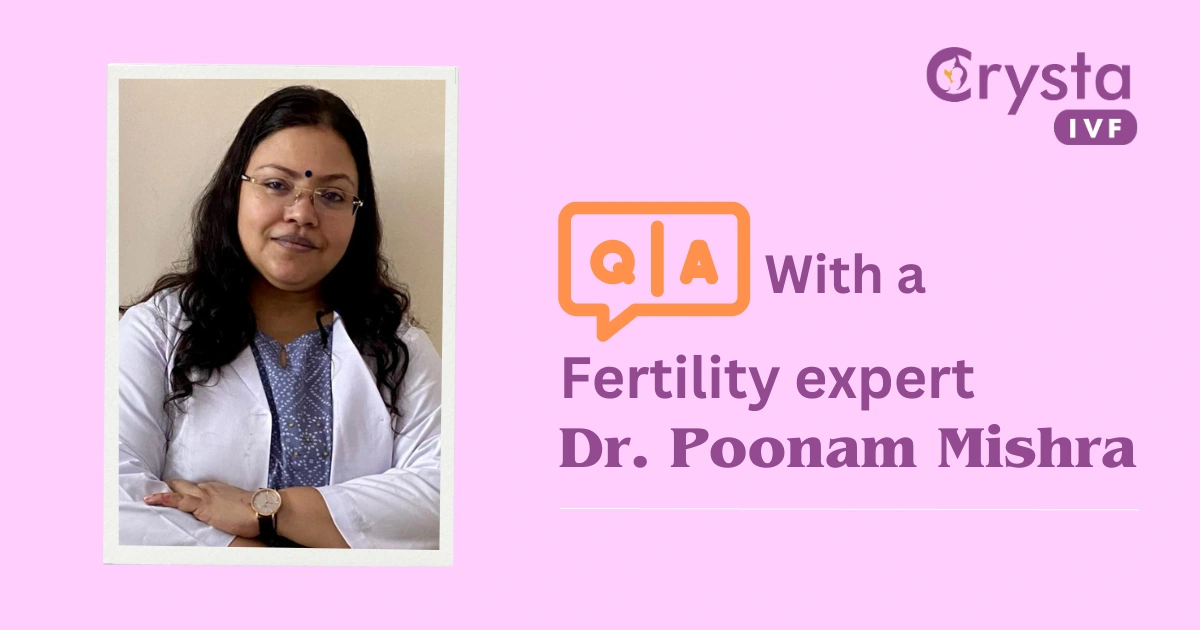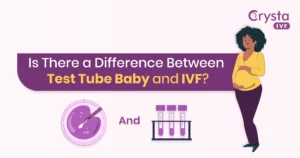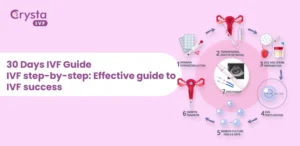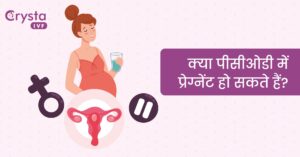Are you or someone you know struggling with infertility? You are not alone. In fact, 1 in 8 couples will experience infertility at some point. And while it can be a difficult and emotional journey, it’s important to have access to accurate and reliable information to help navigate this path.
That’s why we’re excited to introduce you to Dr. Poonam Mishra, a renowned fertility expert in Lucknow with years of experience in the field of reproductive health. In this Q&A session, Dr. Mishra will address some of the most common concerns and questions related to infertility and reproductive health.
From the latest advancements in fertility treatments to navigating the emotional journey of infertility, Dr. Mishra will provide expert insights and advice to help guide you on your journey to building a family.
Whether you’re just starting to explore your options or are already in the thick of treatment, this post will provide valuable information and support. So, sit back, relax, and dive into this enlightening conversation with Dr. Poonam Mishra!
Q & A With Fertility Expert Dr. Poonam Mishra
Q1. Can you explain the difference between ICSI and IVF and which is more likely to result in a successful pregnancy?
Ans: ICSI (Intracytoplasmic Sperm Injection) and IVF (In Vitro Fertilization) are both advanced fertility treatments that involve fertilizing eggs with sperm outside of the body. The main difference is that during ICSI, a single sperm is injected into the egg. In contrast, during IVF, the sperm and egg are placed together in a dish and allowed to fertilize naturally.
ICSI is often used for couples where the male partner has a low sperm count or poor sperm quality. It’s important to note that success rates can vary depending on the individual case, and it’s best to consult a fertility specialist to determine the best treatment plan for you. And while ICSI may have slightly higher success rates for certain types of infertility, It’s always best to have a conversation with a specialist.
Q2. According to you, what could be the reasons & implications of the recent study about declining sperm counts worldwide?
Ans: Yes, recent studies have shown that sperm count has declined worldwide over the past few decades. While it might be too early for any concrete evidence, environmental pollution, lifestyle factors, and endocrine-disrupting chemicals have been suggested as possible contributors to this decline.
This decline in sperm count can have a negative impact on fertility, highlighting the importance of protecting the environment and promoting healthy lifestyle choices.
Q3. Another study also highlighted the effect of sub-chronic psychological stress on fertility; what’s your take on it?
Ans: Stress can take a toll on our bodies, including our ability to conceive. Psychological stress can affect the hypothalamic-pituitary-gonadal (HPG) axis, which regulates the menstrual cycle and ovulation in women and sperm production in men. Stress can also weaken our immune system, leading to inflammation and making it harder for us to conceive.
It’s a good idea to practice stress management techniques like yoga, meditation, exercise, and therapy to help cope with stress and maintain a healthy reproductive system.
Q4. Do you think that the use of technology & gadgets also impacts sperm count and fertility?
Ans: The studies are still going on. However, previous research has suggested that prolonged exposure to technology such as smartphones, laptops, and tablets can negatively impact sperm count and fertility. The blue light emitted from screens can disrupt the body’s natural circadian rhythm and suppress melatonin production, negatively impacting sperm production.
The heat generated by these devices can raise scrotal temperatures and negatively impact sperm production. I always recommend taking breaks, using blue light filters, and keeping the devices away from the body during prolonged use.
Q5. How does assisted hatching (AH) affect the chances of conceiving?
Ans: Assisted hatching is technique fertility specialists use to help the embryo hatch and implant in the uterus by making a small hole in the outer layer of an embryo, called the zona pellucida.
The technique is generally used to improve the chances of conception for women who have multiple failed IVF cycles, those who have a thicker than normal zona pellucida, or those who have advanced maternal age.
Q6. Can you explain the process of frozen embryo transfer (FET) and how it can improve the chances of conceiving for couples?
Ans: Frozen embryo transfer (FET) is a technique in which embryos previously created and frozen during IVF or ICSI are thawed and transferred to the uterus. FET has many advantages over fresh IVF cycles, including a higher chance of pregnancy and live birth in certain infertility cases.
This is because the embryos are not exposed to the hormonal fluctuations that may occur during a fresh cycle. It also provides the opportunity to save good-quality embryos for future use.
Q7. Why IVF may fail, and what options are available for couples who have experienced failed IVF cycles?
Ans: IVF may fail for a number of reasons, such as poor quality embryos, low ovarian reserve, poor egg quality, poor sperm quality, or issues with implantation. Medical conditions like endometriosis or pelvic inflammatory disease are common reasons for a failed IVF cycle.
For couples who have experienced failed IVF cycles must not lose hope. Instead, they can consider repeating the IVF cycle with adjustments to the treatment plan and exploring alternative fertility treatments such as IUI or donor egg IVF.
Q8. How has the technology used in IVF changed in recent years, and what advancements can we expect to see in the future?
Ans: IVF technology has come a long way in recent years with the introduction of techniques such as time-lapse imaging, which allows for a more accurate selection of embryos for transfer, and the use of gene editing, fertility preservation, and other technologies that may allow for more precise and targeted treatments for infertility.
In the future, we can expect even more advancements in IVF technology, such as the use of artificial intelligence to optimize the selection of embryos for transfer and the use of CRISPR gene editing to prevent genetic disorders.
About Dr. Poonam Mishra
Dr. Poonam Mishra is an experienced IVF specialist based in Lucknow. With over 8+ years of experience in gynecology and obstetrics, she is an expert in various infertility treatments, including IUI and ICSI.
Her ability to create personalized treatment plans based on each patient’s unique needs sets her apart. Currently, she provides services at Crysta IVF, the top IVF center in Lucknow.
Don’t hesitate to schedule a consultation with her to learn more about your fertility options. Give us a call now at 893 893 5353.
Stay tuned for more Q & A with India’s top fertility experts!




